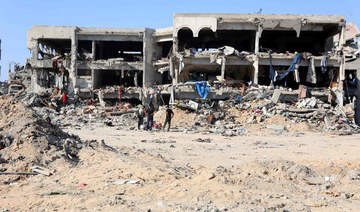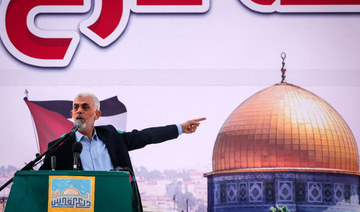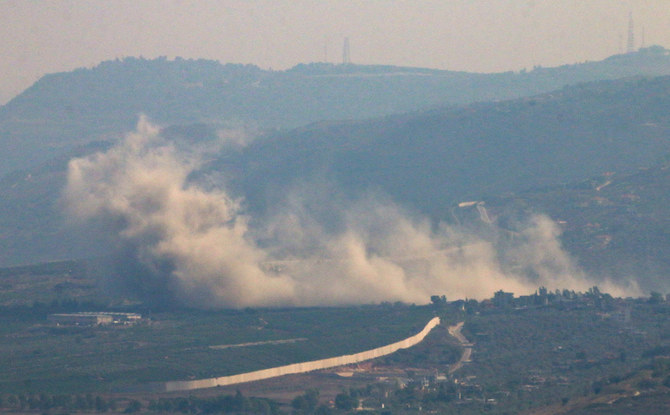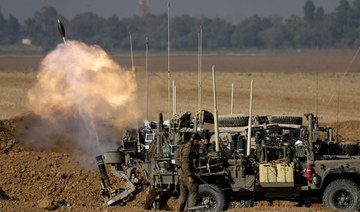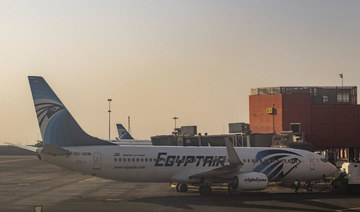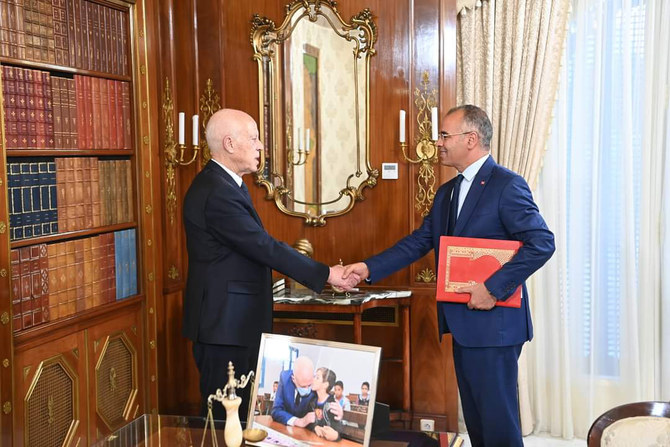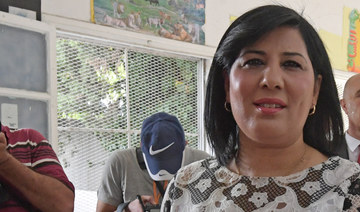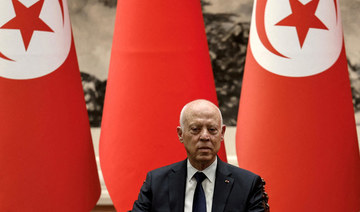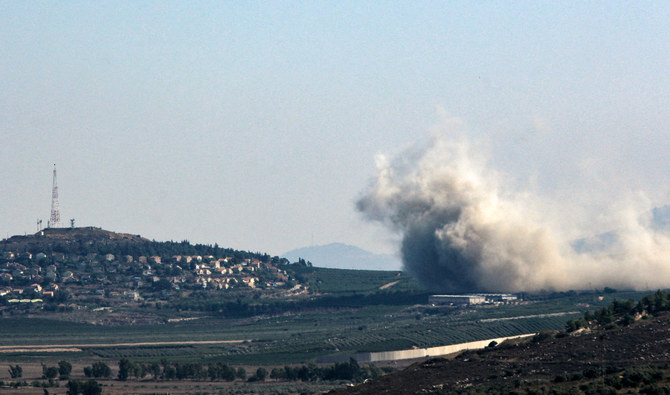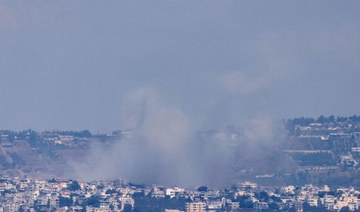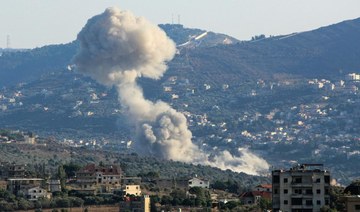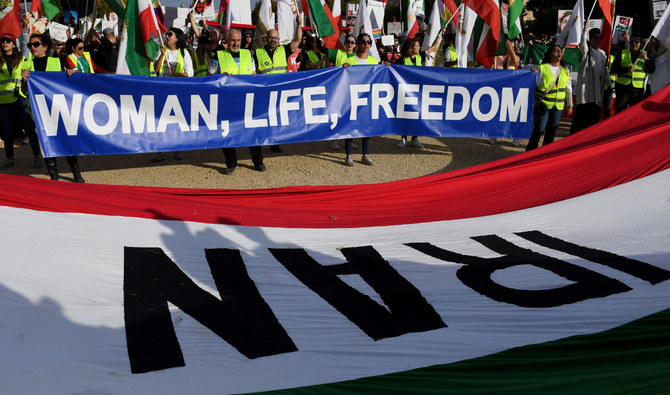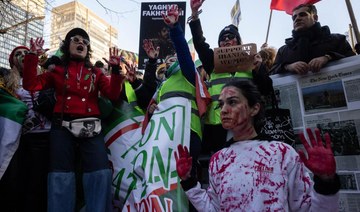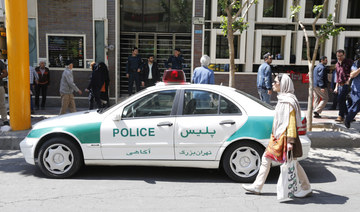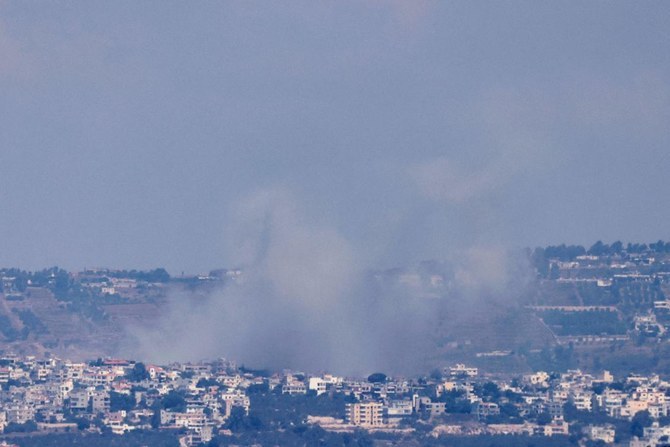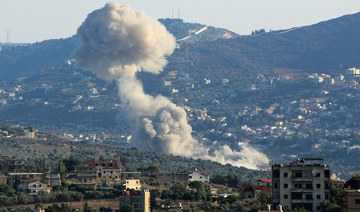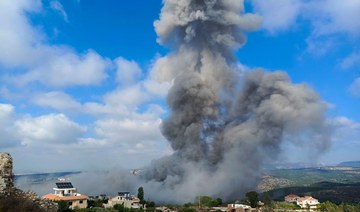JERUSALEM: Israel vowed to “eliminate” new Hamas chief Yahya Sinwar, the alleged mastermind of the October 7 attack, whose appointment further inflamed regional tensions as the Gaza war entered its 11th month on Wednesday.
The naming of Sinwar to lead the Palestinian militant group came as Israel braced for potential Iranian retaliation over the killing of his predecessor Ismael Haniyeh last week in Tehran.
Speaking at a military base on Wednesday, Prime Minister Benjamin Netanyahu said Israel was “determined” to defend itself.
“We are prepared both defensively and offensively,” he told new recruits.
Israeli Foreign Minister Israel Katz said late Tuesday that Sinwar’s promotion was “yet another compelling reason to swiftly eliminate him and wipe this vile organization off the face of the earth.”
Sinwar — Hamas’s leader in Gaza since 2017 — has not been seen since the October 7 attack, which was the deadliest in Israel’s history.
A senior Hamas official told AFP that the selection of Sinwar sent a message that the organization “continues its path of resistance.”
Hamas’s Lebanese ally Hezbollah congratulated Sinwar and said the appointment affirms “the enemy... has failed to achieve its objectives” by killing Hamas leaders and officials.
Analysts believe Sinwar has been both more reluctant to agree to a Gaza ceasefire and closer to Tehran than Haniyeh, who lived in Qatar.
“If a ceasefire deal seemed unlikely upon Haniyeh’s death, it is even less likely under Sinwar,” according to Rita Katz, executive director of the SITE Intelligence Group.
“The group will only lean further into its hard-line militant strategy of recent years,” she added.
US Secretary of State Antony Blinken told reporters that it was up to Sinwar to help achieve a ceasefire, saying he “has been and remains the primary decider.”
Civilians in both Israel and Gaza met Sinwar’s appointment with unease.
Mohammad Al-Sharif, a displaced Gazan, told AFP: “He is a fighter. How will negotiations take place?“
In Tel Aviv, logistics company manger Hanan, who did not want to give his second name, said Sinwar’s appointment meant Hamas “did not see fit to look for someone less militant, someone with a less murderous approach.”
Iran-backed Hezbollah has also pledged to avenge the deaths of Haniyeh and its own military commander Fuad Shukr in an Israeli strike in Beirut hours earlier.
In a televised address to mark one week since Shukr’s death, Hezbollah leader Hassan Nasrallah said Tuesday his group would retaliate “alone or in the context of a unified response from all the axis” of Iran-backed groups in the region.
The United States, which has sent extra warships and jets to the region, urged both Iran and Israel to avoid an escalation.
President Joe Biden had calls with Jordan’s King Abdullah II, the Qatari emir, Sheikh Tamim bin Hamad Al Thani, and Egyptian President Abdel Fattah El-Sisi on Tuesday.
“No one should escalate this conflict. We’ve been engaged in intense diplomacy with allies and partners, communicating that message directly to Iran. We communicated that message directly to Israel,” Blinken told reporters.
Iranian President Masoud Pezeshkian told his French counterpart Emmanuel Macron in a telephone call that the West “should immediately stop selling arms and supporting” Israel if it wants to prevent war, his office said.
The Jeddah-based Organization of Islamic Cooperation met on Wednesday to discuss the situation in the Middle East.
Gambian Foreign Minister Mamadou Tangara, whose country currently chairs the bloc, said the “heinous” killing of Haniyeh risked “leading to a wider conflict that could involve the entire region.”
Israel has not commented on Haniyeh’s killing but confirmed it had carried out the strike on Shukr.
It held the Hezbollah commander responsible for a rocket attack in the Israeli-annexed Golan Heights that killed 12 children.
Hezbollah has traded near-daily cross-border fire with Israeli troops throughout the Gaza war.
The group said Tuesday that six of its fighters were killed in Israeli strikes on south Lebanon and that it had launched “dozens of Katyusha rockets” at a military base in the Golan Heights in retaliation.
Numerous airlines have suspended flights to Lebanon or limited them to daylight hours.
The Israel-Hamas war in the Gaza Strip, triggered by the Palestinian group’s unprecedented October 7 attack on Israel, has already drawn in Iran-backed militants in Syria, Lebanon, Iraq and Yemen.
The Hamas attack resulted in the deaths of 1,198 people, mostly civilians, according to an AFP tally based on Israeli official figures.
Palestinian militants seized 251 hostages, 111 of whom are still held in Gaza, including 39 the Israeli military says are dead.
Israel’s retaliatory military campaign in Gaza has killed at least 39,677 people, according to the Hamas-run territory’s health ministry, which does not give details of civilian and militant deaths.
The toll included two dozen deaths in the past 24 hours, according to ministry figures.
Israel said that its air force had “struck dozens of terror targets throughout the Gaza Strip” over the past day.
Israel vows to ‘eliminate’ new Hamas leader as war enters 11th month
https://arab.news/c8tzg
Israel vows to ‘eliminate’ new Hamas leader as war enters 11th month
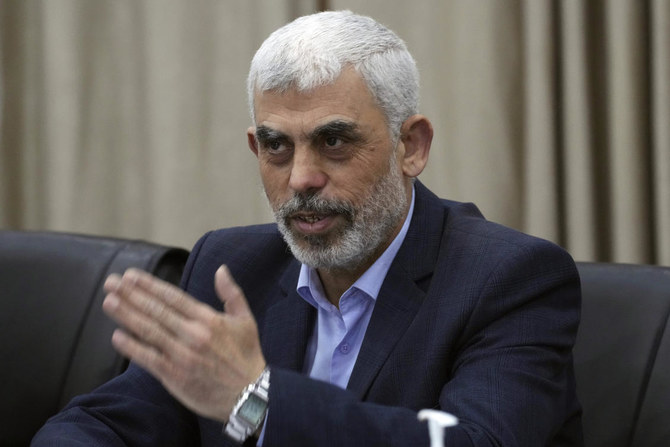
- Speaking at a military base on Wednesday, Prime Minister Benjamin Netanyahu said Israel was “determined” to defend itself
- “If a ceasefire deal seemed unlikely upon Haniyeh’s death, it is even less likely under Sinwar,” according to Rita Katz, executive director of the SITE Intelligence Group




